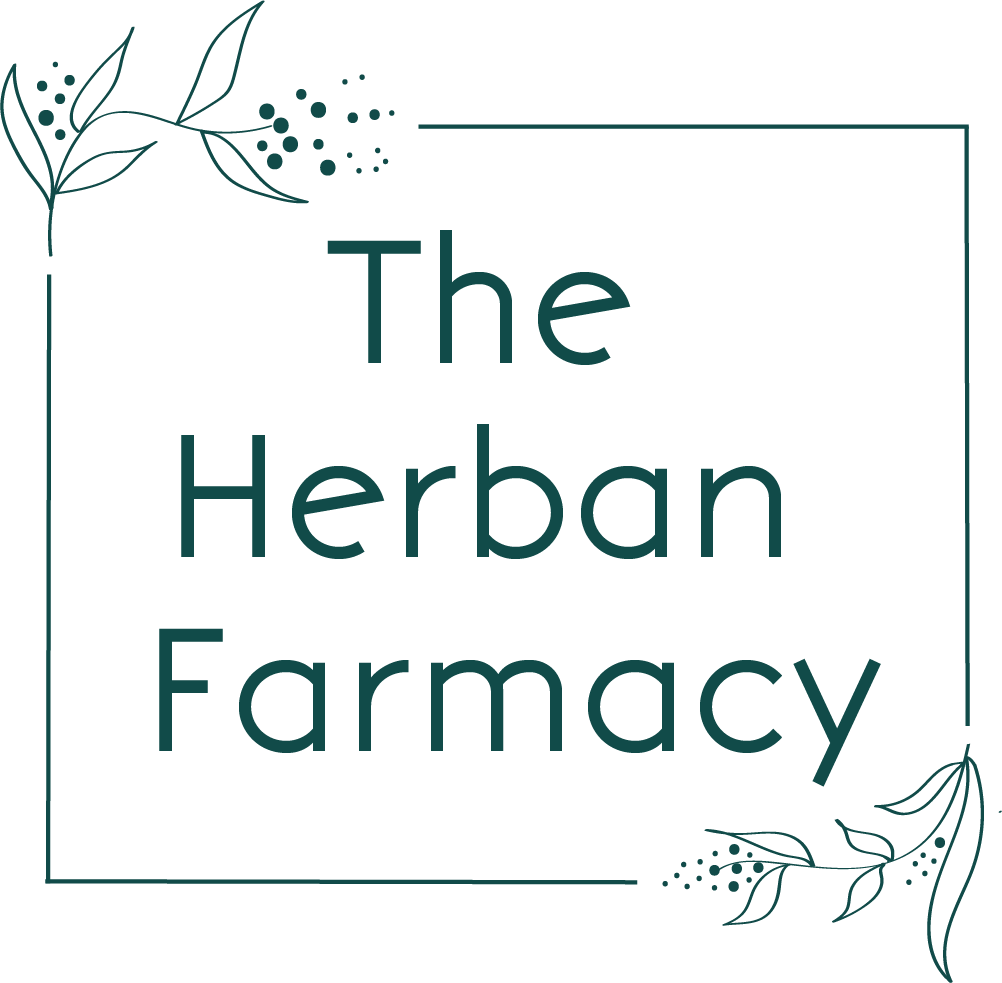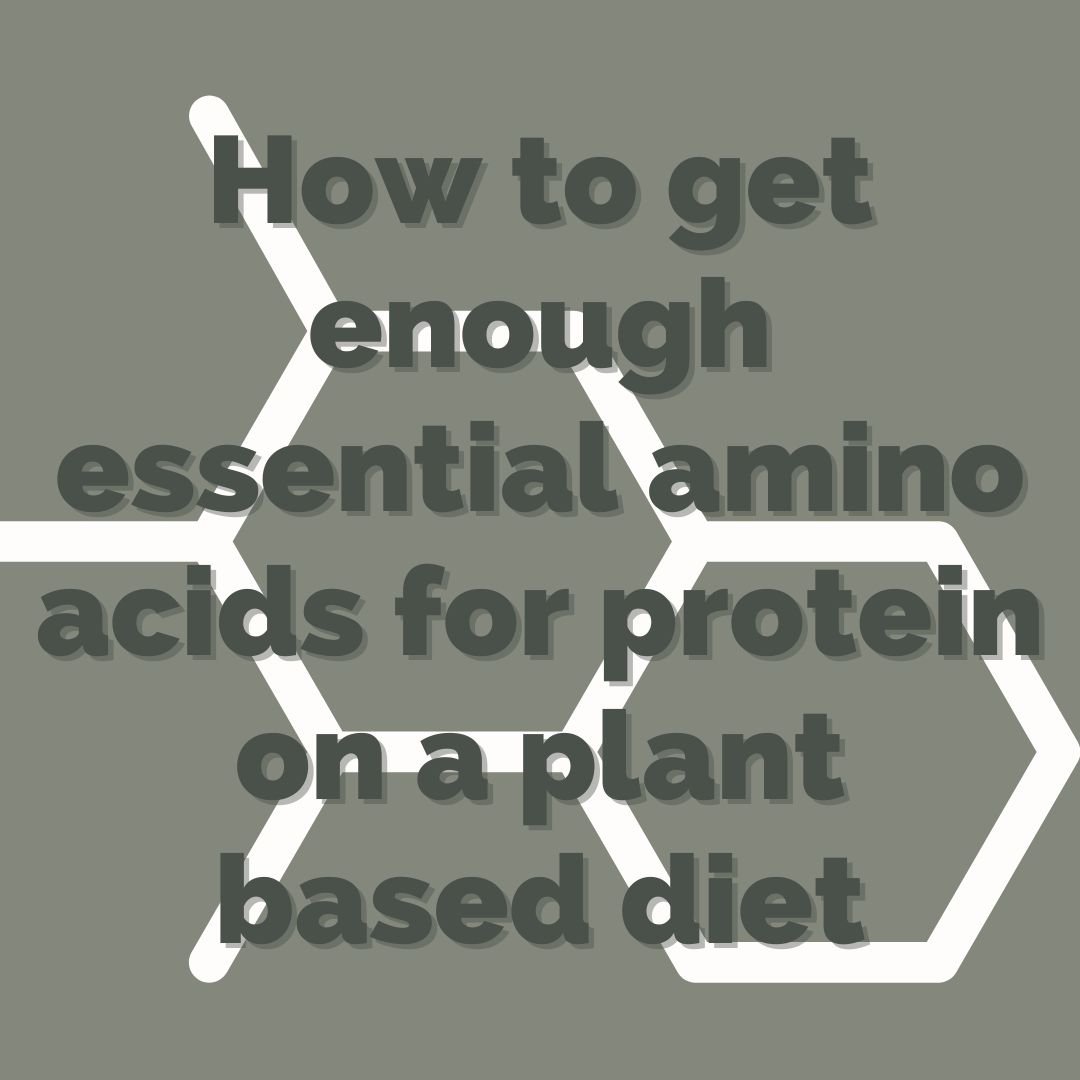How To Get Enough Essential Amino Acids (Protein) On A Plant Based Diet
How To Get Enough Essential Amino Acids For Protein On A Plant Based Diet
Amino acids are the building blocks of proteins, and our body requires a variety of them for optimal health. Some amino acids can be synthesized by the body, but others, called essential amino acids, must be obtained from our diet. While animal products are often touted as the best source of complete proteins, it is possible to obtain all the essential amino acids needed from plant-based sources plus other disease fighting constituents. Whole plant foods provide a wide variety of nutrients and health benefits, making them a great option for anyone looking to adopt a more plant-based diet.
Here is a list of essential amino acids and the plant-based foods that are good sources of each one:
Histidine: This amino acid is found in whole grains, legumes, potatoes, corn, bananas, and leafy greens. It is particularly abundant in quinoa, an ancient grain that has gained popularity in recent years due to its nutritional profile.
Isoleucine: Soy beans, pumpkin seeds, quinoa, almonds, and cashews are good sources of isoleucine. These foods are also rich in other nutrients, such as healthy fats and minerals like magnesium and zinc.
Leucine: This amino acid is found in soy beans, peanuts, lentils, chickpeas, brown rice, and pumpkin seeds. Leucine is important for muscle protein synthesis and is often used as a supplement by athletes and bodybuilders.
Lysine: Legumes, quinoa, amaranth, chia seeds, hemp seeds, and spirulina are all good sources of lysine. Lysine is important for the production of collagen, a key component of healthy skin, bones, and connective tissue.
Methionine: Legumes, nuts, seeds, and whole grains are all good sources of methionine. These foods are also rich in fiber, vitamins, and minerals, making them an important part of a healthy diet.
Phenylalanine: This amino acid is found in soy beans, pumpkin seeds, quinoa, almonds, and leafy greens. Phenylalanine is a precursor to several neurotransmitters, including dopamine and serotonin.
Threonine: Legumes, quinoa, chia seeds, hemp seeds, and nuts are all good sources of threonine. Threonine is important for the production of collagen and elastin, two proteins that are essential for healthy skin and connective tissue.
Tryptophan: This amino acid is found in spinach, soy beans, pumpkin seeds, chia seeds, and almonds. Tryptophan is a precursor to serotonin, a neurotransmitter that plays a role in mood regulation and sleep.
Valine: Soy beans, peanuts, lentils, chickpeas, brown rice, and pumpkin seeds are all good sources of valine. Valine is important for muscle protein synthesis and is often used as a supplement by athletes and bodybuilders.
While some plant-based sources of essential amino acids may not contain all of the essential amino acids in sufficient quantities, it is possible to obtain all of them by eating a variety of whole plant foods. By incorporating a variety of nuts, seeds, legumes, whole grains, and vegetables into your diet, you can ensure that your body is receiving all of the essential amino acids it needs for optimal health.
In conclusion, all essential amino acids can be found in whole plant foods, making it possible to obtain complete proteins from a plant-based diet. Eating a variety of whole plant foods is key to ensuring that your body is receiving all of the essential amino acids it needs for optimal health. So why not give plant-based eating a try and see how good you can feel!


